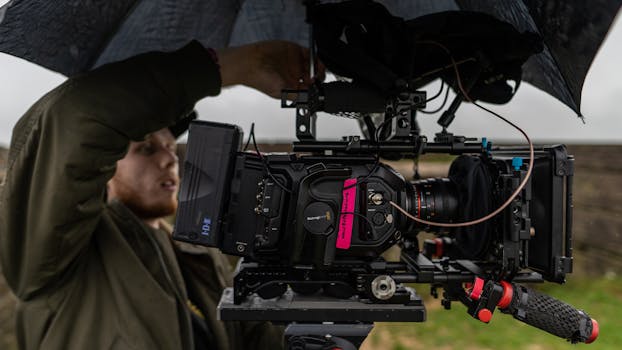You could take a course at university to get into the industry. Courses include:
- film or television production
- broadcast production
- filmmaking
- drama
- TV, film and theatre studies
Entry requirements
You'll usually need:
- 2 to 3 A levels, or equivalent, for a degree











